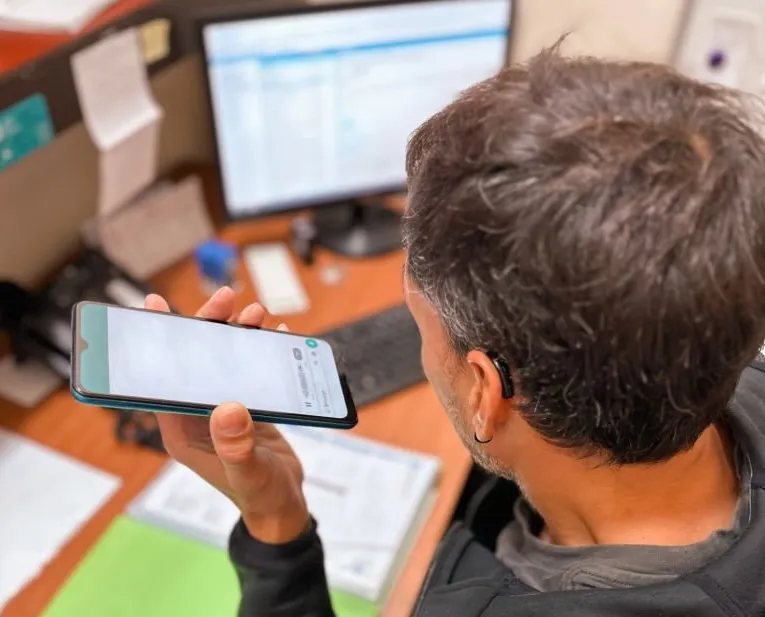Starkey's Achin Bhowmik named FDA digital health advisor
The appointment is a win for hearing aid industry leaders integrating artificial intelligence into their products.

Makers of premium prescription hearing aids got an important seat at the regulators' table when the U.S. Food and Drug Administration (FDA) appointed Starkey's Achin Bhowmik to its Digital Health Advisory Committee. Bhowmik is Starkey's chief technology officer and has been a prime mover behind the industry's integration of artificial intelligence into hearing aids.
The FDA committee, which recommends policies governing regulation of new health and medical digital technologies, will zero in on artificial intelligence at its November meeting. Among other things, it will consider "how the use of generative AI-may impact safety and effectiveness of medical devices" as well as "pre-market performance evaluation, risk management, and post-market performance monitoring for generative AI-enabled devices."
Artificial intelligence technology in hearing aids
Bhowmik's appointment comes on the heels of the push into AI by top hearing aid manufacturers in 2024.
- Oticon introduced its Intent hearing aids in February. Oticon's deep neural network technology enables the hearing aids to interpret and adjust to various listening environments.
- Phonak introduced its Audéo Sphere Infinio hearing aids in August. Its dedicated artificial intelligence (AI) chip performs real-time separation of speech from noise.
- Starkey announced its Edge AI hearing aids in October, featuring an integrated neural processing unit (NPU) that Starkey says is the first AI engine to be embedded on a sound-processing chip.
Bhowmik came to Starkey in 2017 after a long career at Intel and quickly spearheaded development of the industry's first artificial intelligence-based hearing aids. The Starkey Livio AI hearing aids, introduced in August 2018, used artificial intelligence to improve sound processing and also pioneered integration of biosensors into hearing aids to detect falls and monitor personal health.
Why the FDA cares
Artificial intelligence technologies are expected to disrupt and transform the delivery of all medical and health care services—and hearing health is no exception. The FDA needs to understand all the potential impacts on patient care as it develops new regulations accommodating AI and other new technologies. For instance, there are obvious privacy concerns over AI enabling easy access to and sharing of personal health data collected from hearing aid sensors.
And AI will enable development of better self-administered hearing tests and programming of hearing aids. The FDA needs to assure patients that tests are safe and deliver expected results. It's working on protocols for certifying and approving self-administered tests developed by makers of both over-the-counter and prescription hearing aids.
Having an experienced voice representing a top manufacturer of premium prescription hearing aids on the FDA digital health advisory group will help assure that new technologies don't face unnecessary delays in regulatory approvals.
Hearing Industry Report Newsletter
Join the newsletter to receive the latest updates in your inbox.
